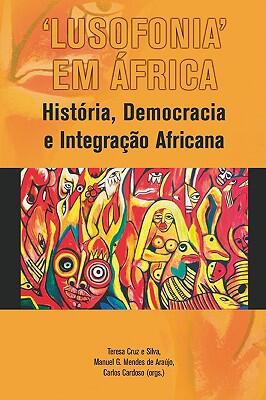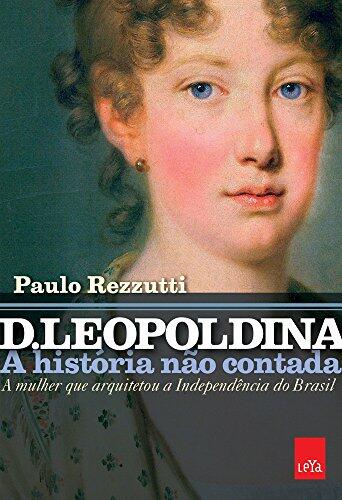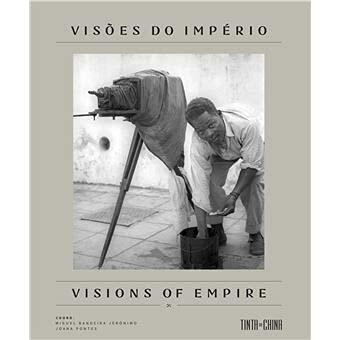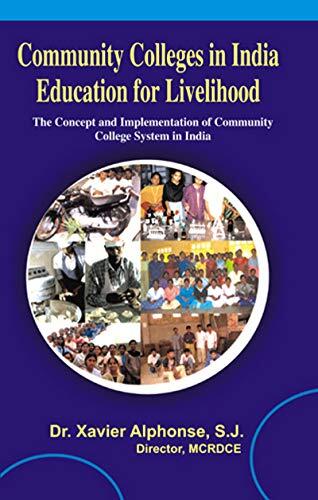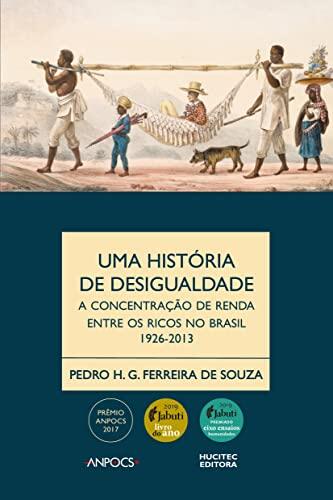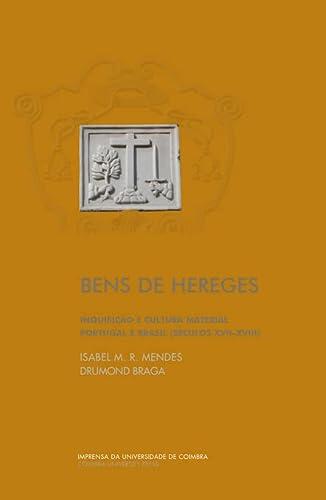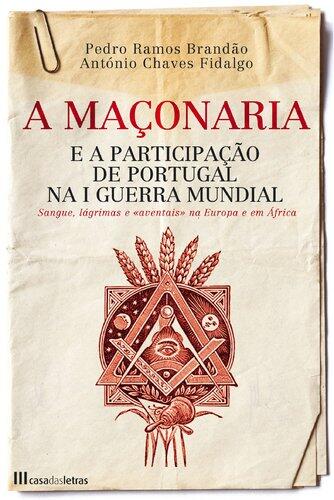توضیحات
This book dives deep into the intricate relationships within Lusophone Africa, exploring its historical roots, struggles for democracy, and the ongoing quest for African integration. It offers a nuanced perspective on how Portuguese colonial legacies have shaped the political and cultural landscapes of African nations. The authors meticulously analyze the impact of Lusofonia—the shared cultural and linguistic heritage—on social and political dynamics across various countries, examining both the challenges and opportunities that arise from this unique identity.
Engaging with themes of empowerment and cooperation, the work highlights the ongoing efforts of African nations to forge stronger ties with one another while navigating the complexities of post-colonial identities. Through a blend of historical context and contemporary analysis, the book provides valuable insights into the potential for collective advancement among Lusophone countries in Africa, underscoring the importance of unity in fostering democratic development and sustainable growth.
Engaging with themes of empowerment and cooperation, the work highlights the ongoing efforts of African nations to forge stronger ties with one another while navigating the complexities of post-colonial identities. Through a blend of historical context and contemporary analysis, the book provides valuable insights into the potential for collective advancement among Lusophone countries in Africa, underscoring the importance of unity in fostering democratic development and sustainable growth.
نقدها
هنوز نظری ثبت نشده است
اولین نفری باشید که این کتاب را نقد کرده و نظرات خود را به اشتراک میگذارید
اولین نقد را اضافه کنیدسابقه خواندن
گزارشهای خواندنی یافت نشد
برای مشاهده گزارشها در اینجا، شروع به ردیابی پیشرفت خواندن خود کنید
اضافه کردن اولین سابقه خواندن شمایادداشتها
گزارش تراکنشها
هیچ گزارش تراکنشی یافت نشد
برای مشاهده گزارشها در اینجا، شروع به ردیابی معاملات کتاب خود کنید
اضافه کردن اولین سابقه تراکنش شما